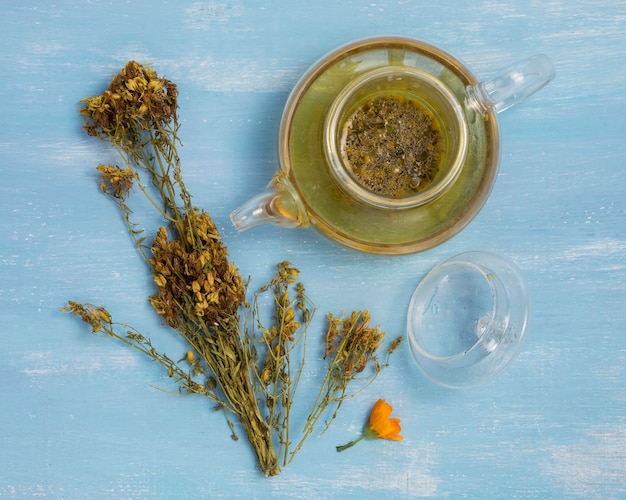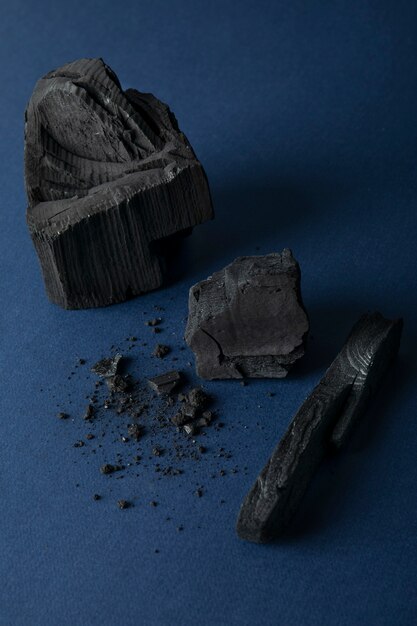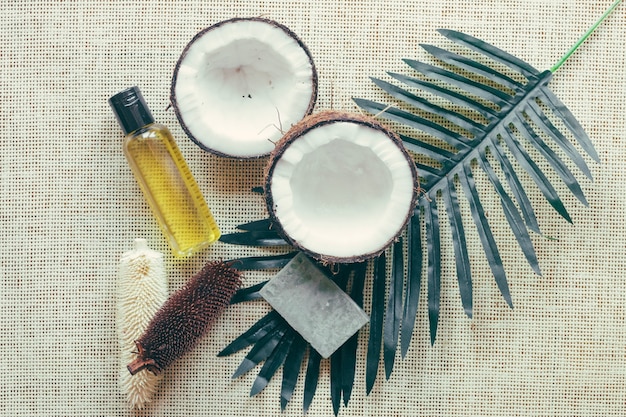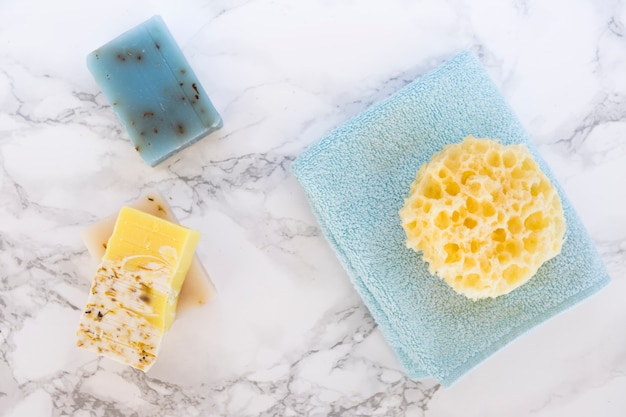
It’s time to look at your lawn differently. Instead of seeing just a bunch of weeds, start envisioning a powerful mix of nutrient-rich compounds. Dandelion tea, in particular, has considerable health benefits that shouldn’t be ignored.
Originally from Europe, dandelions made their way across the Atlantic with European immigrants about four centuries ago and have since taken over numerous backyards. Though a bane for many gardeners, dandelions are packed with health benefits for those who are open to using them.
For over a thousand years, dandelions have been valued for their medicinal properties. Both their roots and leaves are rich in vitamins and trace minerals, proving effective in boosting nutrient levels and enhancing overall health.
Today, dandelion tea is being rediscovered. It’s gaining popularity as a natural way to detoxify your body, reduce bloating and constipation, soothe an upset stomach, and even lower your risk of certain diseases.
What is Dandelion Tea?
Dandelion tea is made by infusing dandelion roots, leaves, or flowers in hot water to extract their beneficial compounds. The tea’s flavor and nutritional value can vary depending on which part of the plant you use. For instance, the root is best for liver health, the leaves benefit the kidneys, and the flowers offer a milder flavor with subtle benefits.
If you’re not up for harvesting dandelions yourself, you can buy organic dandelion tea bags to enjoy the same benefits.
13 Health Benefits of Drinking Dandelion Tea:
1. Nutrient-Rich: Dandelion tea is loaded with calcium, iron, potassium, vitamins K, A, and B6, as well as riboflavin and thiamin. It’s also rich in antioxidant flavonoids like carotene and lutein. The leaves themselves are more nutritious than spinach and broccoli.
2. Diabetes Management: Drinking dandelion tea can help lower blood sugar levels, which is crucial for managing diabetes. Although research is ongoing, early results are promising.
3. Caffeine-Free Coffee Alternative: Roasted dandelion root tea can serve as a satisfying, caffeine-free coffee alternative. It provides a rich supply of antioxidants and minerals without the energy crash that often follows coffee consumption.
4. Reduces Inflammation: The antioxidants in dandelion tea help reduce inflammation, alleviating symptoms like aching joints, muscle tenderness, and headaches.
5. Reduces Water Weight: Dandelion tea acts as a natural diuretic, increasing urination frequency and helping to reduce bloating. A study showed that just two 1-cup servings could enhance the body’s fluid elimination process.
6. Aids Weight Loss: Dandelion tea may be as effective as certain weight-loss drugs in reducing fat storage. This is because dandelion leaves can inhibit pancreatic lipase, an enzyme involved in storing dietary fat in the body.
7. Prevents Chronic Diseases: The high antioxidant content in dandelion tea helps combat free radicals, reducing oxidative stress that can lead to chronic diseases like cancer. These antioxidants also boost the immune system, lowering the risk of infections.
8. Soothes Digestive Issues: Dandelion tea acts as a natural diuretic, digestive stimulant, and mild laxative, promoting a healthy digestive system. It can help ease constipation, cramps, and bloating.
9. Promotes Liver Health: Dandelion tea has long been used as a liver tonic. Research supports its ability to increase bile flow, aiding in liver detoxification and potentially reducing symptoms of liver disease.
10. Potential Cancer-Fighting Properties: Early studies show that dandelion root extract can kill melanoma cells without harming healthy cells. Its antioxidants also fight free radical damage that can lead to cancer.
11. Prevents Urinary Tract Infections: Thanks to its diuretic effects, dandelion tea can effectively treat urinary tract infections, especially when combined with bearberry (uva ursi). Increased urination helps clean out the kidneys, reducing the risk of infection.
12. Builds Strong Bones: The trace minerals like calcium, zinc, magnesium, and iron in dandelion tea are essential for strong bones and can help prevent osteoporosis, particularly as you age.
13. Boosts Circulation: The iron in dandelion tea enhances blood flow, improving red blood cell counts and ensuring your body is well-oxygenated.
How To Collect Your Own Dandelions:
If you’re interested in foraging for wild dandelions, be cautious of the source to avoid herbicides and pollutants. Open areas in wooded spaces or your backyard (if maintained naturally) are usually safe bets. Remember to wash each plant thoroughly before use.
Spring is the best time to pick dandelion leaves when they are most tender, while the roots are sweetest when harvested in the fall or winter. Select the youngest, tenderest leaves for a less bitter tea. Properly stored in a damp paper towel, they should last up to a week in the fridge.
For the roots, dig deep enough to pull out the entire taproot. After washing it thoroughly, you can use it as is or roast it at 300 degrees for two hours to make dandelion ‘coffee’.
Importantly, leave some dandelions behind for the bees, as they are one of their first food sources in spring.
How To Make Dandelion Tea:
Making dandelion tea is simple. Pour hot water over small pieces of sliced greens or roasted root and let it steep for five to ten minutes. Strain out the plant material and enjoy. If the taste is too bitter, add lemon or honey.
You can also dry the leaves to extend their shelf life using a dehydrator, an oven at 250 degrees, or even the sun’s heat on a hot day. Store the dried leaves or roots in airtight glass jars in a cool, dry, and dark place.
Possible Side Effects of Dandelion Tea:
While dandelion tea is generally safe, some people might experience side effects like stomach aches, diarrhea, or allergic reactions. Certain medications, like Cipro, can interact with it. The high vitamin K content can also affect blood clotting. Always start with a small amount and talk to your doctor before regular consumption.
Too Many Dandelions? Other Ways to Use Them:
Beyond tea, there are many ways to incorporate dandelions into your diet. Use them like spinach or arugula in salads, sandwiches, or as a sautéed side dish. The bitter flavor can be strong, so mixing with milder vegetables can help balance it out.
Try these recipe ideas:
– Mix fresh basil and dandelion greens for a healthier pesto.
– Sauté dandelion greens as a zesty seafood topper.
– Add them to smoothies for a nutrient boost.
– Incorporate them into vegetable broth with mushrooms and miso for a light soup.
– Make “dandelion chips” by baking them with oil and sea salt at 350ºF until crispy.
Start experimenting with dandelion leaves in your meals, and soon you’ll appreciate this versatile plant for its health benefits rather than seeing it as a pesky weed.



